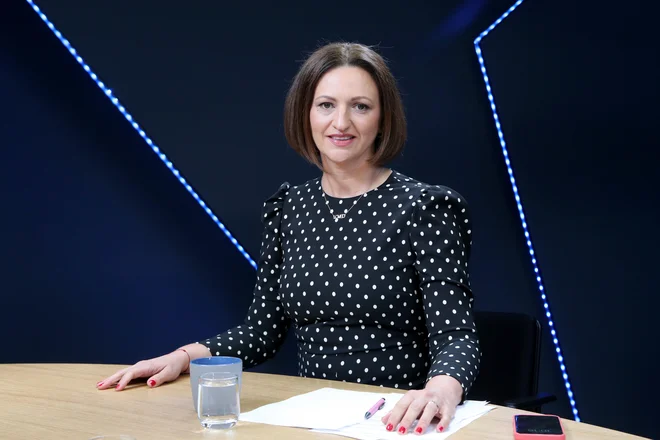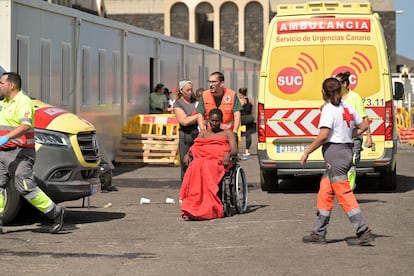« We must associate citizens with decision -making » – Liberation

Faced with the distrust of citizens vis-à-vis the State, institutions or politics, what role can local authorities play? Such was the object of a conference organized in Rouen by the national center of the territorial public service. An event that Release is a partner.
We live an uncertain moment, difficult and probably lots of paradoxes. The annual report on the state of France 2024 presented by the Economic Social and Environmental Council reveals that 76% of those questioned believe that women and politicians are disconnected from the realities experienced by citizens and 24% declare that they do not feel like society. The French generally do not have confidence in our political representatives and have the feeling of not being well represented in their experience. On the other hand, despite this distance and these figures which must challenge us, France has an exceptional associative fabric which makes the social cohesion of our country: 1.4 million employees, 20 million volunteers, 70,000 associations which are created each year. French women and French people who engage, who give their time, who carry projects and defend causes.
The question that arises in us is therefore that of knowing how we can observe at the same time such a level of engagement, in the associative world in particular, but also such disarray or even such despair? And above all how to make it better? Non -exhaustively, three points seem interesting to explore.
First of all, and this is what the annual report on the state of France shows us, we must face inequalities in a frontal and demanding way because these inequalities have very strong consequences on confidence in our institutions and on democracy. These inequalities are multiple: financial, between women and men, between territories, between generations, etc. Some populations are particularly affected: single-parent families, workers, residents of the overseas departments and regions, the French who do not have the bac, etc. The absence of perspectives, the feeling of being poorly represented, the difficulties of access to certain public services, strengthen distrust and contribute to weakening national cohesion.
Then, better social cohesion requires not to ignore differences and singularities, to name things and experiences. France has been built on the model of the abstract individual but this abstract individual is necessarily unsatisfactory because he is never what both live on a daily basis. Abstraction and generalities pose a reading grid of the necessarily excluding world which has effects on the feeling of belonging: when it is affirmed that the purchasing power of the French is improving, it is true in trend but it is not for a significant part of the population. When this is our case, it is unbearable because it gives the feeling that what we experience, our difficulties, our challenges, are never taken into account in the development of decisions. This is what we showed in the Annual report on the State of France 2024this need to engage a battle for proximity. And when you ask respondents how to improve democracy, they respond to 24% that it takes better listening to citizens and their concern.
Finally, it becomes urgent to get out of the urgency. It is imperative to build an exciting social project which largely associates citizens, to register in long time, to understand the decisions that are taken and to anticipate their consequences.
The world is too complex to provide simple or even simplistic answers to the challenges that cross us. No offense to some, nobody is strong enough, intelligent enough, omniscient enough to settle the contemporary issues on its own. It is by largely associating citizens with decision -making, by working with intermediate bodies and assuming a form of humility that these challenges can be met.








